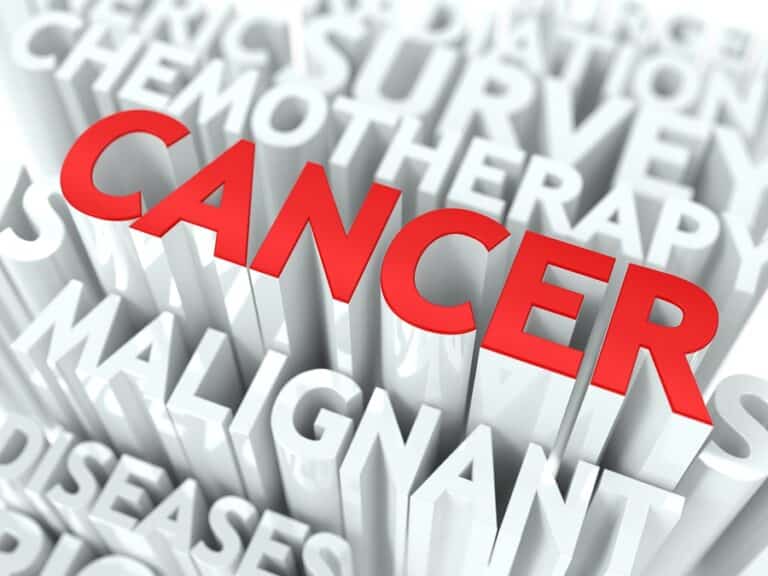Thirty percent of American adults between the ages of 50 and 75 haven’t had a colorectal cancer screening. March is National Colorectal Cancer Awareness Month. Has your dad been for a colonoscopy yet? If not, he’s likely overdue as the recommended age was lowered to 45. Over 142,000 Americans are diagnosed with colorectal cancer each year. If surgery is recommended hire post-hospital care providers to help with recovery.
If your dad is diagnosed with colorectal cancer, here are some facts to keep in mind.
A Colonoscopy Is the Best Tool for Early Detection
There are several tests available to detect colorectal cancer. There are fecal occult blood or DNA stool tests that check for blood in the fecal matter, x-rays/ultrasounds, or a colonoscopy. People often dread a colonoscopy as it is relatively invasive and requires inserting a narrow camera into the colon and intestines.
When deciding the best test for his needs, your dad should consider that a colonoscopy may be the most uncomfortable to think about, but if it’s clear, he won’t have to go for another ten years.
A colonoscopy isn’t as bad as some say. For the procedure, your dad can have a light sedative and sleep through the entire thing. The worst part for many is the solution you drink for a day leading up to the procedure as it’s salty and unpleasant. There are pills he could take instead.
When Caught Early, It’s a Beatable Cancer
Nine out of ten people whose colorectal cancer is caught early are still cancer-free five years later. It’s an easy cancer to beat when you get it in the early stages, which is another reason a colonoscopy is important. If precancerous polyps are in the intestines or colons, they can be removed during the colonoscopy to prevent cancer.
In the early stages of this cancer, there may not be any noticeable signs. Bloating, blood in stool, abdominal pain, and unexplained weight loss are some of the common signs.
Colorectal cancer develops slowly. After the age of 75, screening is typically determined to be unnecessary due to the average lifespan. But, your dad should talk to his doctor to see if it’s advised that he keeps getting tested.
A High-Fiber Diet Is Important
The foods your dad eats can increase or lower his chances of developing colorectal cancer. A high-fiber diet reduces the risk. Processed meats like ham, pepperoni, bacon, and sausage increase the risk.
Post-Hospital Care Helps With Post-Surgical Care at Home

When your dad requires surgery to remove a cancerous mass, make sure he has post-hospital care arranged for a few days. It’s the best way to ensure his pain is managed and that he’s healing well. By taking these steps, readmission to the hospital is less likely to occur. Talk to our specialist in post-hospital care to discuss your dad’s care needs following his surgery
Sources: https://gis.cdc.gov/Cancer/USCS/#/AtAGlance/
https://www.cdc.gov/cancer/colorectal/statistics/
If you or an aging loved one is considering Post-Hospital Care Services in Guilford MD please contact the caring staff at Vital Sign Home Care today. (410) 814-0258
A Trusted Skilled Medical and Non-Medical senior home care provider in Annapolis, Arnold, Severn, Guilford, Towson, Brooklandville, Catonsville, Cockeysville, Bel Air, Ellicott City, Columbia MD, and surrounding areas.
Venus had a stroke in 2018, she had no movement on the right side of her body and was unable to speak. Venus has made great progress since then and shows up everyday doing her best. She takes pride in overcoming obstacles and never giving up, which has allowed her to obtain a level of success in healthcare.
- Tips for Exercising with Parkinson’s Disease - November 5, 2024
- What to Know About Senior Self-Care Products - October 17, 2024
- Supporting Seniors as They Navigate Daily Changes - October 3, 2024

